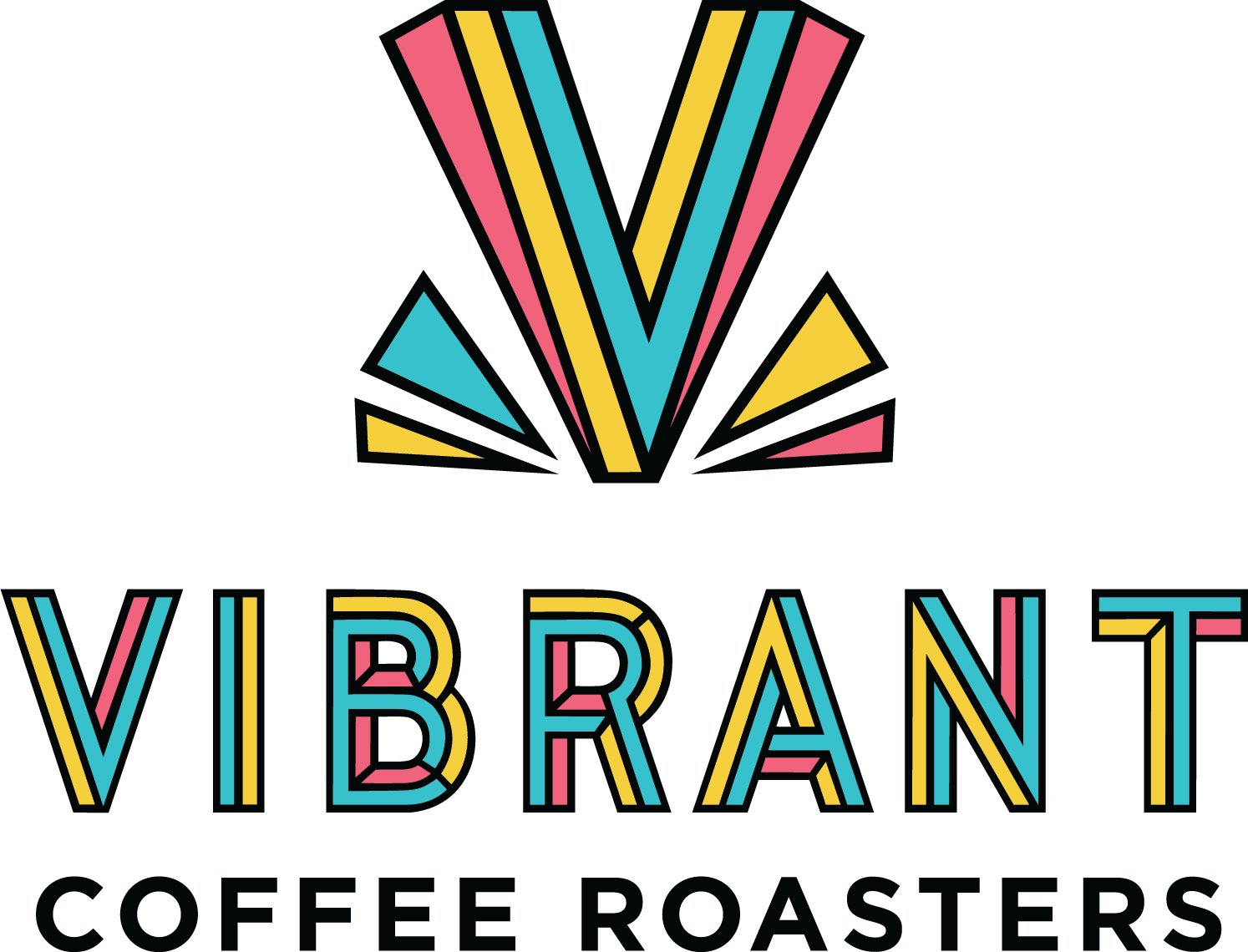Colombia Edwin Noreña Red Fruits "Kandy Krush"
Limited Roast - Light
COLOMBIA - CARBONIC MACERATION CO-FERMENT
Here we go folks! You know anytime you see a release from Edwin Noreña you are dealing with something extremely special. This one is a Carbonic Maceration Co-Ferment with raspberries, strawberries, and wine yeast, and yes, it is just as wild as it sounds. Somehow Edwin’s processing magic gives his coffees extremely intense fruit flavors without any hint of funk or booze. This one tastes like extra sweet Concord grape juice, guava candy, and strawberry jam. Truly out of this world!
PRODUCER:
Edwin Enrique Noreña
ORIGIN:
Finca Campo Hermoso-Quindio
VARIETY:
Red Bourbon
ELEVATION:
1,550 masl
PROCESS:
Carbonic Maceration Co-Ferment with raspberries, strawberries, and wine yeast
HARVEST:
Spring 2024
TASTING:
Grape juice & strawberry jam, otherworldly
IMPORTANT INFO ON BLACK LABEL COFFEE SHIPMENTS:
Black Label coffees only roast and ship on Tuesdays (any order that includes a Black Label coffee will get shipped the following Tuesday).
Why We Love This Roast
Where do we even begin? We have been absolutely blown away by every coffee we have ever tasted from Edwin Noreña. We couldn’t be more proud and honored to bring you this one, “Kandy Krush.” This is the fresh crop 2024 version of “Candy Crush” which we offered in early 2024 (that was from the 2023 harvest).
How did this coffee come to be? Red Bourbon coffee cherries were harvested at 23 Brix degrees and then soaked in water for four hours. Then, the cherries were placed in sealed containers - injected with carbon dioxide to drive out all the oxygen - and fermented for 72 hours with mossto. Mossto is the juice that is generated from compressing coffee cherries. After that, there was an additional 72 hours carbonic maceration with not just mossto but also raspberries, strawberries, and wine yeast. As per usual, Edwin controlled the fermentation times, as well as the temperatures, very carefully to ensure that the intense fruit flavors developed without funky, boozy flavors taking over.
A quick note on the terminology here: the carbon dioxide being injected into the containers to completely remove all of the oxygen is the “carbonic maceration” part of the processing - if carbon dioxide had not been injected, this would just be standard anaerobic fermentation. “Co-ferment” refers to the fact that the raspberries and strawberries were in the fermentation vessels along with the coffee itself.
25 days of sun drying on raised African beds until the moisture reaches 10.5%, 8 days of humidity stabilization in a warehouse, and finally, being sealed in Grain Pro bags finishes off this remarkable process.
You may notice that the beans look quite dark. This color is absolutely normal for a coffee that is processed this heavily as it breaks down the cell structure significantly more than washed or natural processing does. If you’ve ever had light roast decaf coffee, you’ll have seen this before. Those beans also look like a dark roast. So for these kinds of coffees, the color is not a good indicator of roast level. Flavor-wise it does not taste dark at all - it is a normal light roast in terms of development and drop temperature, etc.
Because of the more significant breakdown of the cell structure during the processing, you also don't need to rest it for very long at all (again, same as decaf), so we recommend getting started brewing right away!
Water Recommendation:
For those of you who want to get every last drop of excellence out of this coffee, our preferred brewing water (at least for cupping) is full-strength Third Wave Water (130ppm GH, 40ppm KH).
Full-strength Third Wave Water gives a very sweet cup with excellent acidity and origin character. We taste the most extra sweet Concord grape juice with this water.
Half-strength Third Wave Water (65ppm GH, 20ppm KH), which is nearly identical to Lance Hedrick’s Light & Bright water (60ppm GH, 25ppm KH), gives a much more acid-driven cup profile that somewhat lacks complexity, at least in comparison to full-strength TWW. Because this coffee is just so sweet and fruity, there is still plenty of sweetness though. Since wine yeasts were one of the main drivers of the flavor profile, a comparison to wine might be helpful here: ½-strength TWW gives a profile more like a Sauvignon Blanc whereas full-strength TWW is more like those excellent Rieslings that have big time acid and big time sweetness.
Rao/Perger water (90ppm GH, 42ppm KH), as is often the case for our Black Label series coffees, might give the most complex cup, as there is more of an array of fruit notes rather than being so grape-heavy. It just isn’t as sweet as full-strength TWW.
Philadelphia water (Baxter water supply) filtered with a three-stage carbon system with a little softening (somewhat similar to what a Brita pitcher would do) also gives a very good cup profile, quite similar to Rao/Perger water, but there is an additional slightly savory note with this water.
If this is all very confusing—check out our blog post on water for coffee!














